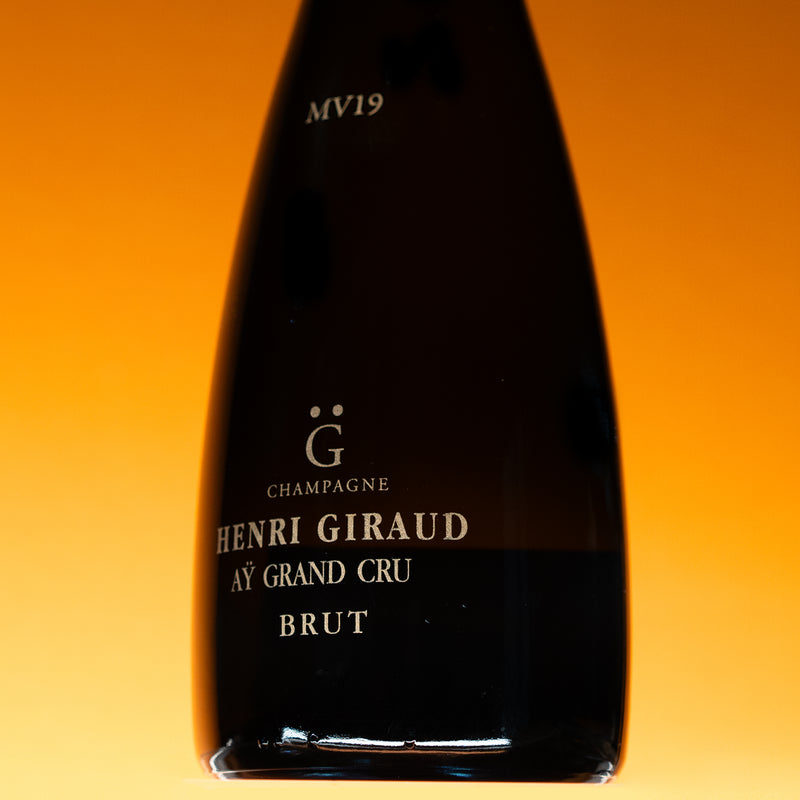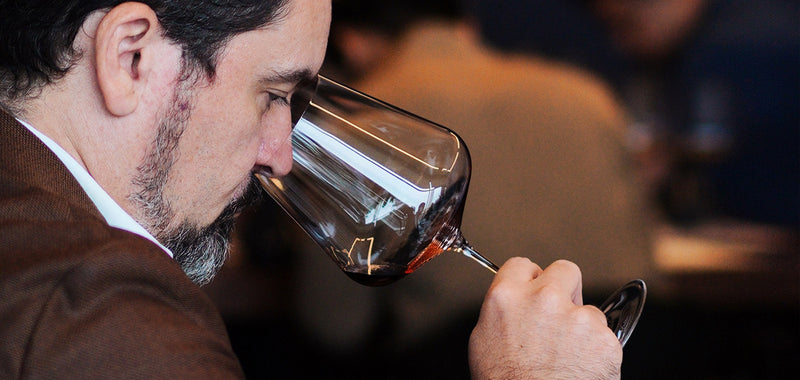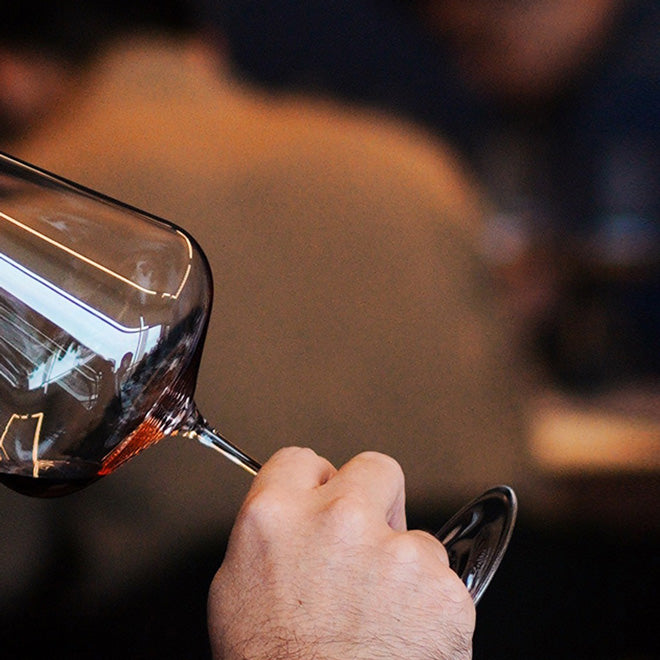The discussion surrounding wine versus spirits is easily heated in the drinking scene in Singapore. One camp maintains that old whisky matches the sophisticated character of better Bordeaux, and the other camp justifies the refined, elegant terroir qualities of wine. The fact is that there is no single winner in both aspects; each of them provides different experiences that are effective at various times and cater to different tastes. The knowledge gained about what makes wine and spirits in Singapore different will guide drinkers to make wiser decisions on any occasion.

Production Methods: Vineyard vs Distillery
Wine begins with grapes that are crushed together, which are then left to ferment naturally for weeks or months. Sugar is converted into alcohol by yeast, and winemakers pay close attention to temperature and time. The outcome is between 12 and 15 per cent of alcohol.
Spirits do not go down this route. To make whisky, rum, tequila, and other spirits, fermented grain (whether grain or molasses) is heated in a distillery until alcohol vapour is emitted and condensed. The result of this process is the increased alcohol content to up to 40 per cent or more. A single malt Irish whisky or bourbon is distilled through either copper pot stills or column stills, and then matured in oak casks to smooth out rough edges.
Grain, Botanicals and Base Ingredients
Scotch whisky depends on barley that has been malted, whereas vodka may begin with potatoes or wheat. Gin is made by taking neutral spirit and re-distilling it with juniper and botanicals. Brandy is made from fermented fruit juice, and cognac is made from wine. All the base ingredients determine the end flavour.
Key Flavour Profiles: Bold vs Delicate
Wine drinkers seek out fruit flavours, such as cherry in a Burgundy, blackcurrant in Bordeaux, and tropical mango in a Chardonnay. The grape skin tannins provide structure, and acidity helps to keep things bright. Each drink captures the soil and climate of the vineyard.
Spirits are leaner and bolder. The 12-year-old Scotch whisky yields notes of caramel, smoke, and dried fruit. Navy strength gin cuts through with severe juniper and pepper. The 15-year-old oak-casked gold rum adds notes of toffee, warm spice, and vanilla. The alcohol enhances all the flavours.
Regional Styles
Highland single malt whiskies contain heather and peat, and the Irish whiskies remain smooth and triple-distilled. Barbados rum is soft and mild. In the case of wine and spirits, geography plays a significant role.
Ageing and Maturation: Time in the Barrel
Wine matures either in oak or stainless steel and can take decades. Tannins are softened, fruit flavours are intensified, and bottles acquire secondary flavours of leather or tobacco. Port wines take years to mature in casks before being bottled.
Spirits do not grow up the same way. Oak compounds, vanillin, lignin, and tannin, are absorbed by a rum drunk by an individual who is 15 years old, or by a Scotch whisky that is 18 years old, and become clear spirit amber. Everything is different with the type of cask. Bourbon barrels are also sweet, sherry casks are dried fruit, and port casks are rich in berry.
Does Older Always Mean Better?
Not quite. A 16-year-old blend may be smoother than a young single malt, but there are spirits that Singapore excels at, even at 12 years old. The same applies to wine--some of the vintages reach their peaks very quickly, and others require twenty years. Age is not as crucial as rarity in pricing.
Serving and Pairing: Sipping vs Dining
Wine pairs perfectly with food. Red Burgundy pairs perfectly with roast duck, while Champagne is an ideal match for oysters. Riesling is an excellent choice for spicy Asian cuisine. Singapore restaurants often formulate entire menus around wine.
Spirits do not operate in the same way. Whisky, cognac, and liqueur are great when sipped on ice or over ice at the end of the night—perfect for anchor cocktails, such as a dry gin and tonic and a vodka martini. Carta Blanca Superior white rum is mixed with mojito, and small batch bourbon is used to make an Old Fashioned. Mixers bring endless opportunities.
Gift Pack and Presentation
A bottle of brandy or cognac in a gift pack makes a statement at celebrations. Fine wine is served in the same manner at formal dinners. Both categories suit different social settings, so context decides which one to bring.
Price and Accessibility: Sale, Promotion and Delivery
Wine pricing in Singapore ranges widely. Entry-level bottles start at thirty dollars, whilst rare Châteaux climb into thousands. Promotions and sale events make premium labels more accessible.
Spirits Singapore often cost more upfront due to distillery production and longer ageing. A year-old blended Scotch whisky might run fifty dollars, and a single malt Irish whisky from a select distillery can hit two hundred. However, one bottle lasts longer since servings are smaller. Alcohol delivery services now bring both wine and spirits straight to the door, and online platforms run regular promotions on everything from tequila to liqueur.
Occasion and Culture: When to Choose Which
Dinner tables and corporate parties in Singapore are often dominated by wine. It suits multi-course meals and is fit for a business party. Sommeliers take the guests through tasting notes and vintages.
Spirits rule bars, intimate celebrations and casual evenings. Rooftop lounges require a tumbler of bourbon or a gin and tonic, and not a wine glass. Whisky tastings are used to gather groups of people together to compare the styles of distilleries and feature rum flights that showcase ageing styles. This spirit culture is less strict.
How PIVĒNE Can Help
The team at PIVĒNE selects an upscale range of the finest wines from France, Italy, Spain, Australia, and New Zealand. Widely known Châteaux and future Domaines are in the portfolio, offering a variety of options. The sommeliers provide tasting notes and pairing recommendations, whether one wants a bold red or a crisp white.
It also has spirits Singapore, where one can select their preferred spirits, which are distilled beverages. Whether it is Scotch whisky, high-end gin, champagne, cognac, or liqueur, the selection caters to all palates. Limited quantities, old-fashioned phrases and gift packs are a frequent feature of special occasions.
Final Thoughts
Wine and spirits in Singapore each have their place. Wine brings elegance, food-friendly acidity and centuries of tradition. Spirit offers intensity, versatility in cocktails and bold ageing profiles. Neither option wins outright—it all depends on the moment. A dinner party calls for wine, whilst a nightcap suits whisky or cognac. The best approach? Keep both on hand and let the occasion decide.



.jpg?v=0)
.jpg?v=0)
.jpg?v=0)
.jpg?v=0)